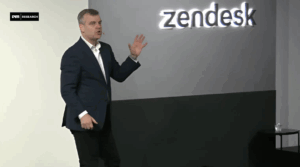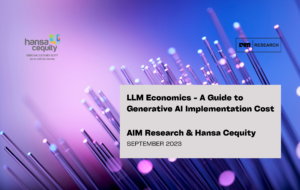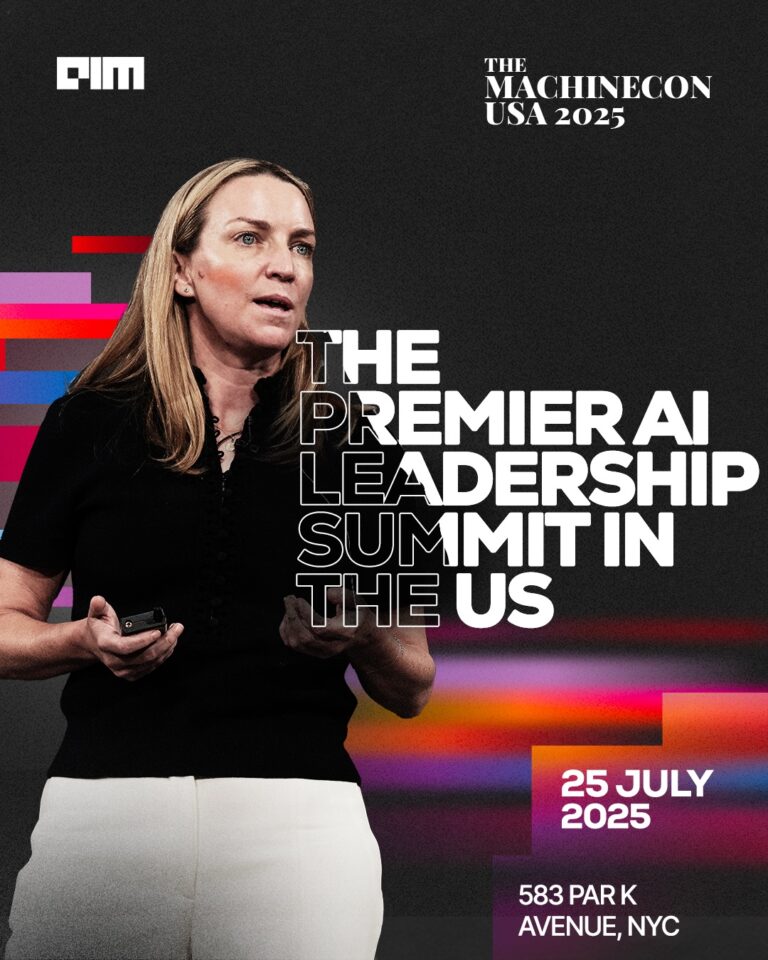Analysts estimate that bad data costs businesses $12.9 million annually on average. But with AI, the stakes are even higher: garbage in, hallucination out.
That’s the challenge Qualytics is betting it can beat. The Atlanta-based startup, co-founded by data veterans Gorkem Sevinc and Eric Simmerman, just closed a $10 million Series A funding round led by BMW i Ventures, with participation from Conductive Ventures, Firebrand Ventures, and several existing backers. The investment follows a year of 5x revenue growth and the acquisition of a top-three U.S. financial institution as a customer. Qualytics may be onto something foundational in the emerging AI economy.
Before launching Qualytics, Sevinc and Simmerman held senior data leadership roles, where they were repeatedly frustrated by the same problem: ensuring reliable, trustworthy data at scale was not only slow, it often didn’t work.
“Eric and I built the platform we always wanted,” Sevinc said in a statement announcing the funding. They wanted to replace manual rule creation and reactive cleanup with an automated, intelligent system that proactively manages data quality and allows business and technical teams to collaborate, rather than clash.
Legacy solutions, they believed, weren’t built for modern data complexity. Instead of maintaining brittle rule sets and depending on engineers to translate governance into code, Qualytics would use machine learning to learn from the data itself, catching anomalies in real time and reducing human intervention to a minimum.
TAI-Powered Measurement + Monitoring
The Qualytics platform continuously profiles data, learns its expected behavior, and flags deviations before they cause downstream issues.
A distinguishing feature is the company’s use of intelligent rule inference: by analyzing historical data, Qualytics generates over 90% of quality rules automatically. This removes a major bottleneck for data teams and drastically shortens the time to coverage: customers can reach 90%+ monitoring within 24 hours of deployment.
The software also integrates with an organization’s existing tooling: users can receive alerts in Slack or Teams, trigger workflows in Airflow, and monitor system health via an executive dashboard. They say it works across modern stacks like Snowflake and Databricks as well as legacy systems such as Oracle and SQL Server.
Qualytics sells into large enterprises where data governance is both a necessity and a risk. Its initial traction includes customers from financial services, a vertical with some of the most stringent demands for regulatory compliance and operational data integrity.
Investment and Market Context
BMW i Ventures led the oversubscribed Series A, citing a clear and costly pain point that most organizations don’t recognize until it’s too late. “The dirty secret in today’s AI arms race is that most models are trained on unreliable inputs,” said Baris Guzel, a partner at BMW i Ventures. “Qualytics flips that on its head with continuous, automated data quality monitoring at the production layer.”
The market for automated data quality is heating up. Gartner projects that 70% of organizations will automate data quality processes by 2027: a shift driven by the cost and complexity of managing sprawling data estates, along with increasing AI adoption.
Constellation Research analyst Michael Ni described the trend as a move “from reactive to proactive cleansing with embedded observability tools.” He noted that Qualytics’ automation-first approach, combined with support for both business and technical users, gives it a strong position as data quality becomes a central pillar of enterprise data stacks.
The Data Quality Landscape is Competitive
The data quality space includes established players like Talend and Informatica, both of which offer broader data integration and management suites. While these incumbents often focus on comprehensive but manual-heavy tools, Qualytics looks to differentiate with speed, automation, and a narrow focus on intelligent rule management.
It also stands apart by addressing the operational pipelines where real-time issues can cascade rapidly. The ability to remediate anomalies before they impact downstream systems is critical for AI use cases, where even small deviations can lead to flawed predictions, compliance errors, or loss of user trust.
“Data quality is no longer a side issue,” Sevinc said. “Trusted data is non-negotiable.” As organizations embed AI into decision-making, operations, and customer experiences, Qualytics’ proactive approach could become a necessity.















